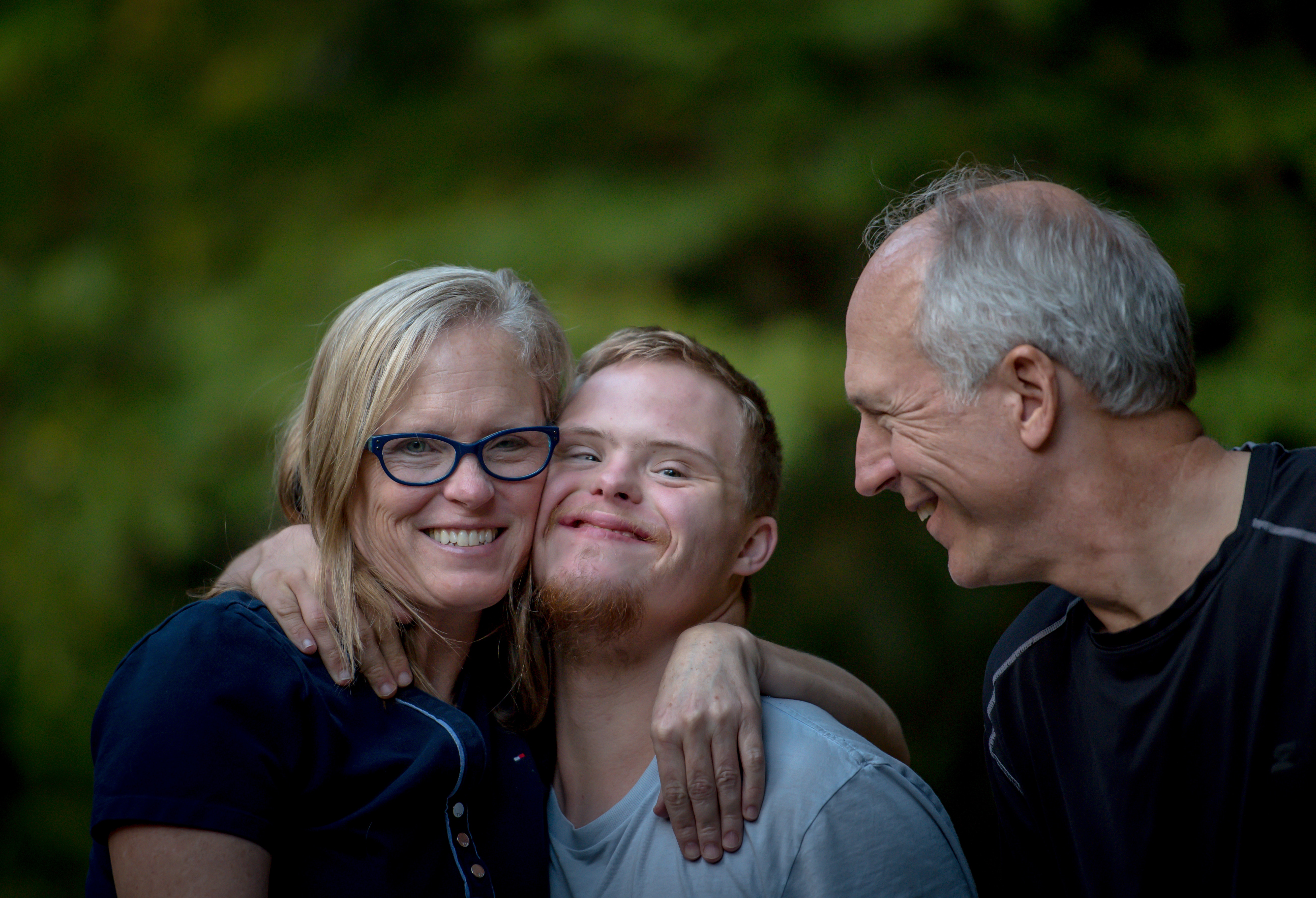
Sensory experiences include touch, movement, body awareness, sight, sound, smell, taste and the pull of gravity. The brain’s process of organising and interpreting this information is called Sensory Integration (SI).
It provides the crucial foundation for later, more complex learning development and behaviour.
For most children, Sensory Integration develops during ordinary childhood activities. Motor planning ability is a natural outcome of this process, as is the ability to adapt to incoming sensations. But, for some children, sensory integration does not develop as efficiently as it should.
Most people don’t realize that breakdowns in sensory processing can affect:
•behavior
•communication
•function
•successful participation in daily life
Not all children with learning, developmental or behavioural problems have underlying sensory integration difficulties. There are certain indicators, however, that can signal a parent that such difficulties may be present. These include:
OVERLY SENSITIVE TO TOUCH, MOVEMENT, SIGHTS, SMELLS, TASTES AND SOUNDS.
ACTIVITY LEVEL THAT IS UNUSUALLY HIGH OR LOW
DELAYS IN SPEECH, LANGUAGE, MOTOR SKILLS, OR ACADEMIC ACHIEVEMENT
POOR SELF-CONCEPT
UNDER-REACTIVE TO SENSORY STIMULATION
COORDINATION PROBLEMS
POOR ORGANISATION OF BEHAVIOUR
SPD is a complex disorder of the brain, which results in our senses struggling to interpret information.
Additionally, it is often coupled with other disorders like Autism spectrum disorder.
Information is taken in from:
•Touch
•Smell
•Vision
•Hearing
•Taste
•Vestibular
•Internal organs (interoception)
•Proprioceptive receptors
Vestibular receptors are responsible for detecting changes in position in space, balance, and movement.
Proprioceptive receptors provide information about body awareness, position, and posture.
Interoception involves the internal regulation responses in our body such as hunger, thirst, blood pressure, and even toileting urges.
Through our lives there is a an overload of information coming through our senses. We need to integrate this information successfully to analyze it and respond appropriately. There are occassions when our response doe not match the information being received.
A good example is when a student has a panic type response to a situation where another student simply brushes passed him in line. Another example is when a student feels pain wearing certain clothing with tags or labels.
What’s interesting about sensory processing, is that most activities require us to combine information we obtain from different senses at the same time! When you close your eyes to wash your hair, you know exactly where to place your shampoo-filled hands.
Occupational Therapists are trained to help people of all ages perform better at everyday activities or occupations, which they want to or are expected to perform. This means playing, learning and being part of a family and forming friendships.
According to verywellhealth.com, Sensory integration therapy is essentially a form of Occupational Therapy and it is generally offered by specially trained occupational therapists. It involves specific sensory activities to help a child appropriately respond to light, sound, touch, smells, and other input. Intervention may include swinging, brushing, playing in a ball pit and a whole gamut of other activities. The outcome of these activities may be better focus, improved behavior, and even lowered anxiety.
There are many sensory tools we can use to better improve sensory processing.
One such tool is a weighted vest.
A weighted vest provides deep touch pressure (DTP) or proprioceptive which has a calming, organizing effect on the child and occupational therapists often recommend the wearables as part of a comprehensive sensory diet to help children with autism who have sensory processing disorder or self-regulation difficulties.
Our PrettySpecial weighted vest offers deep touch pressure in the form of weighted pockets at the front and back surface area for comforting, calming and improving focus. The weighted vest is an excellent choice for children with ADHD, Sensory Processing Disorder and Autism.
For more information or to order simply contact us via our contact to order form or email us to info@prettyspecial.co.za
We deliver directly to you, anywhere in South Africa.


